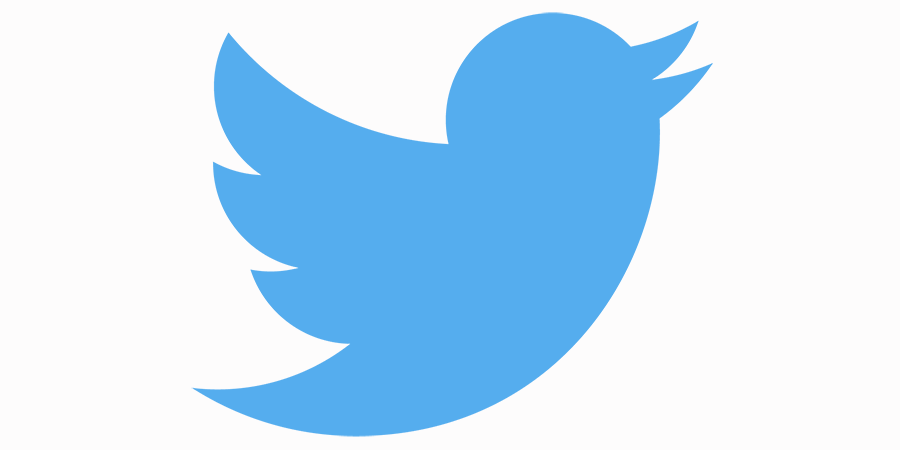By: Alex Berenson – wsj.com –
Do social-media companies collude with the federal government to suppress speech? On April 29, Judge William Alsup issued a ruling in a case I brought against Twitter that could become a watershed in holding social-media companies accountable for censorship.
This problem became acute at the outset of the Covid-19 pandemic. On Jan. 29, 2020, Twitter declared: “We’re committed to playing our part to amplify authoritative, official content across the globe.” Facebook essentially forbade discussion that the virus might have leaked from a Chinese lab. Today debate over the lab-leak theory is allowed, but free discussion of the side effects and efficacy of Covid vaccines isn’t.
Censorship by these vastly powerful companies is antithetical to the advancement of science and basic democratic principles, both of which require open debate. But the companies and government have closely guarded the secrets of how they work together—including whether and how they target dissenters like me.
After March 2020, I became a prominent skeptic of the U.S. coronavirus response, arguing that neither “nonpharmaceutical” interventions like masks nor vaccine mandates were likely to change the course of the epidemic. Much of what I wrote, though controversial at the time, is now conventional wisdom. Twitter—open to the public, available globally, and a crucial platform for journalism—was my primary outlet.
Twitter officials knew what I was saying. A senior Twitter executive repeatedly told me in 2020 and 2021 that the company didn’t believe I was violating its rules. But by July 2021, federal officials, including Anthony Fauci, had grown openly angry at me and others who raised questions about Covid vaccine efficacy and side effects. Their anger intensified after data from Israel and an Independence Day outbreak in Provincetown, Mass., showed that protection from mRNA shots was fading much faster than they had expected.
The White House began publicly pressuring social-media companies to censor vaccine skeptics. A spokeswoman said officials were “reviewing” whether companies could be held liable for “misinformation” posted by users despite Section 230 of the Communications Decency Act, which courts have interpreted to give the companies near-complete immunity for decisions they make to allow or censor content.
On July 16, President Biden said Facebook and other companies were “killing people” by allowing dissenting views about the mRNA vaccines. A few hours later, Twitter locked me out of my account for the first time. (Mr. Biden later said he meant users were killing people.)
On Aug. 28, the company permanently banned me for a tweet about mRNA Covid vaccines that began: “It doesn’t stop infection. Or transmission.” Today no one disputes the truth of that statement, but Twitter claimed the tweet was my “fifth strike” under its Covid “misinformation” policy.
In December I sued Twitter. Because of the protections that Section 230 gives social-media companies, most observers predicted the suit would be dismissed. But Judge Alsup held that I could proceed with my claim for breach of contract. Twitter’s “actions plausibly qualify as a clear and unambiguous promise that Twitter would correctly apply its COVID-19 misinformation policy,” he wrote.
The ruling includes a schedule for a first round of discovery. Along with allowing me to depose two Twitter executives under oath, he ordered that by June 20 Twitter must produce all documents in its possession about me, “including but not limited to nonparty complaints or inquiries about plaintiff and/or including possible or actual termination of his account or a strike against his account or a labeling of any of his posts.” That order clearly includes Twitter’s communications with the government, allowing me to understand how and why the company broke its own policies and promises to me.
Media outlets—which have largely shrugged at or encouraged social-media censorship of views they dislike—largely ignored Judge Alsup’s ruling. That doesn’t diminish its significance. It offers the potential to shine a light on the so-far hidden connections among Twitter, federal agencies and the White House as they tried to suppress dissent about Covid and the vaccines.
If Twitter tries to win a protective order to keep me from making what documents it provides public, my lawyers and I intend to fight it. As Americans debate the proper scope of Section 230 and the power of these companies, we deserve to know as much as possible about the way they have worked with politicians to mold public opinion.
To see this article and to subscribe to others like it, choose to read more.
Source: My Lawsuit Will Shine a Light on Twitter Censorship – WSJ
 Listen Online
Listen Online Watch Online
Watch Online Find a Station in Your Area
Find a Station in Your Area








 Listen Now
Listen Now Watch Online
Watch Online
